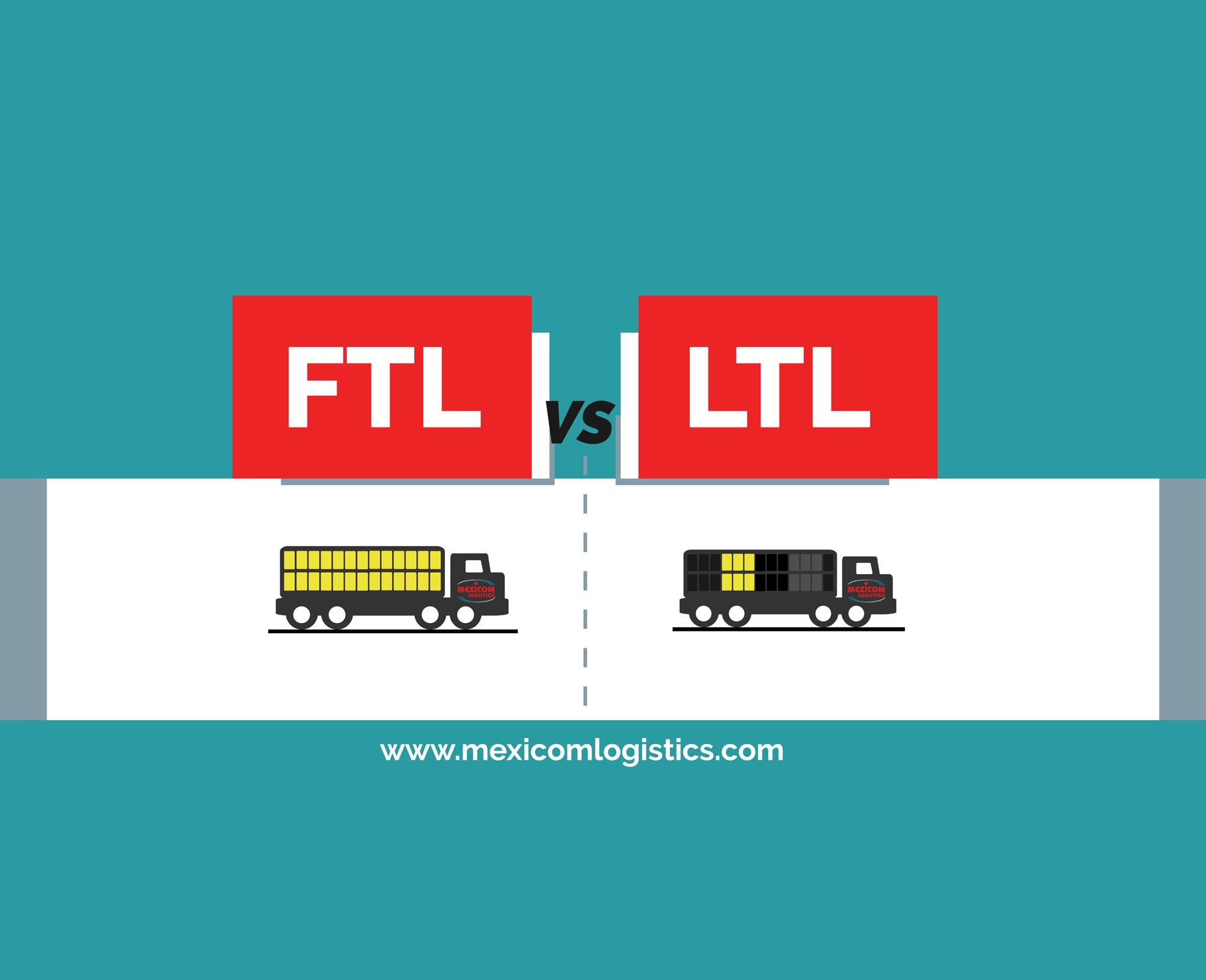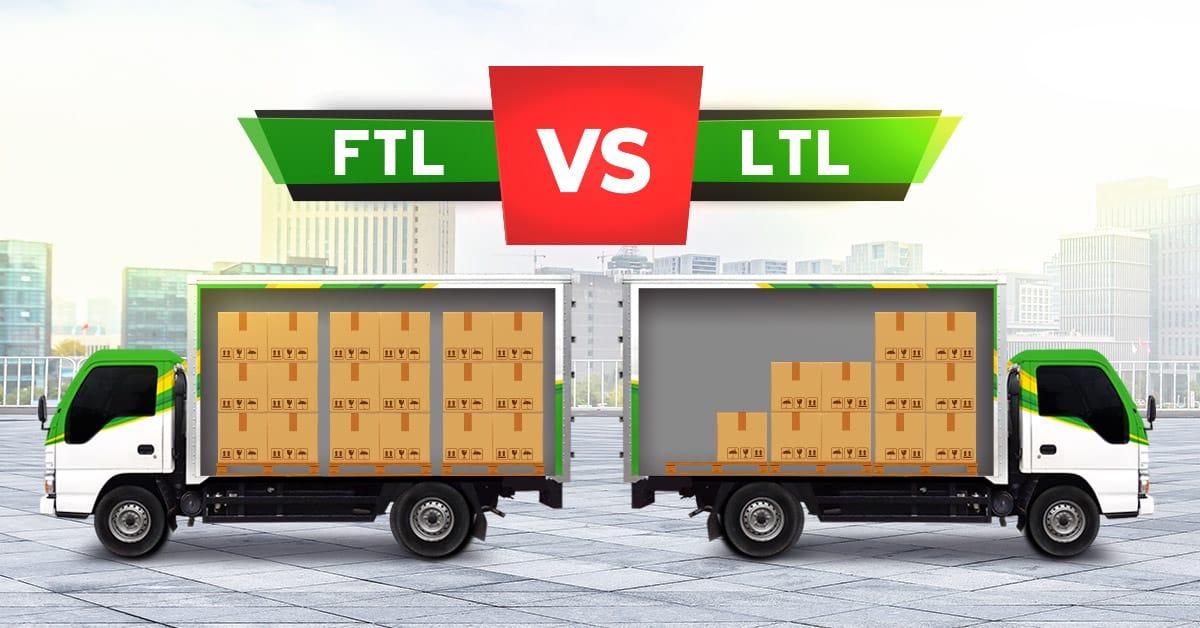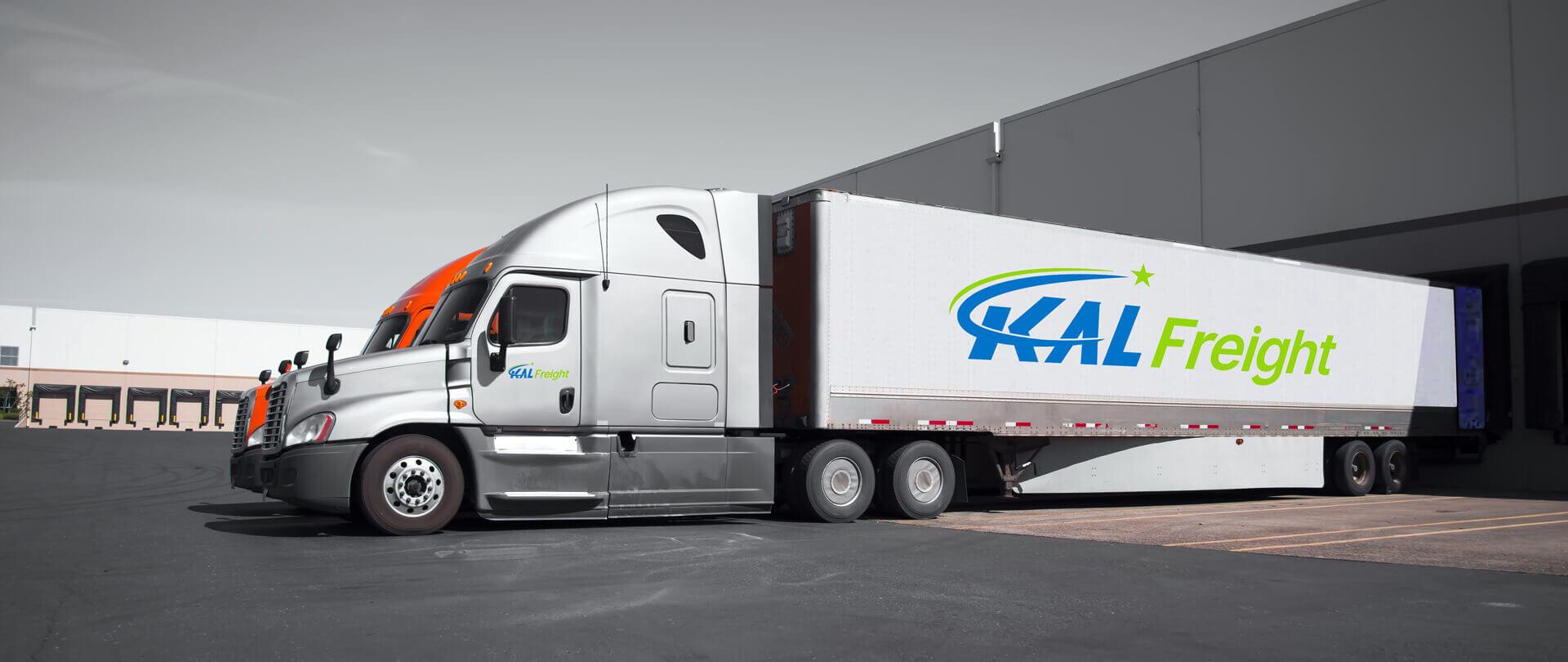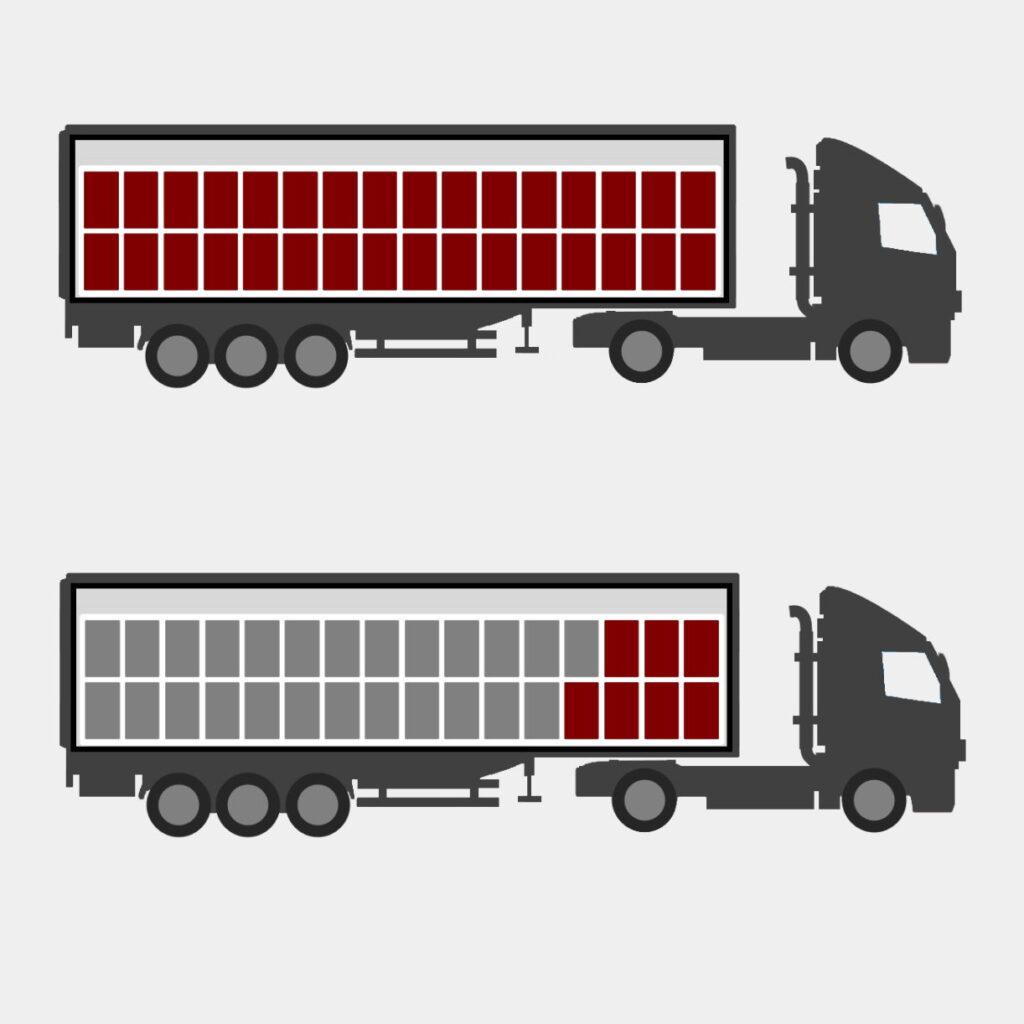In the world of logistics and transportation, the full truckload (FTL) model reigns supreme as the go-to solution for shipping goods in bulk. As businesses strive to meet the ever-increasing demand for quick and efficient delivery, FTL logistics has become an indispensable tool for companies looking to streamline their supply chain operations. Join us as we delve into the intricate world of FTL logistics, exploring the ins and outs of this essential mode of transport.
Understanding Full Truckload (FTL) Logistics
Full Truckload (FTL) logistics is a shipping method where a single consignment fills an entire truck. This type of shipping is often used when a shipper has enough items to fill an entire truck or wants their goods to be the only ones on the truck for security or speed reasons. FTL logistics offers several advantages for businesses looking to transport large quantities of goods efficiently and cost-effectively.
With FTL logistics, businesses can benefit from faster transit times since there are no additional stops for other consignments along the route. This can be particularly advantageous for time-sensitive shipments or products that require special handling. Additionally, FTL logistics provides more control over the shipment process, as businesses can choose specific pick-up and delivery times that align with their production schedule or customer demands. Overall, FTL logistics is a reliable and flexible shipping option for businesses looking to streamline their transportation operations.

Efficient Strategies for FTL Transport
To ensure efficient FTL transport, it is crucial to optimize loading processes. Utilizing stackable containers and pallets can maximize truck space and reduce the risk of damage to goods during transit. Additionally, incorporating a strategic loading plan can help minimize empty space, leading to cost savings and increased efficiency.
Another key strategy for FTL transport is route planning. By utilizing GPS tracking and real-time monitoring systems, companies can identify the most efficient routes, avoiding traffic congestion and reducing delivery times. Implementing a proactive maintenance schedule for vehicles can also help prevent unexpected breakdowns, ensuring smooth and timely deliveries. By focusing on these key areas, businesses can streamline their FTL logistics operations and achieve greater success in shipping and transport.

Key Factors to Consider in FTL Shipping
When it comes to Full Truckload (FTL) shipping, there are several key factors that need to be carefully considered to ensure a smooth and efficient transportation process. One of the most important factors is finding the right carrier for your specific needs. Make sure to research different carriers, their services, and their track record to choose the one that aligns best with your shipping requirements.
- Capacity: Ensure that the carrier has the capacity to accommodate your shipment size and weight.
- Cost: Compare rates from different carriers to find the most cost-effective option for your budget.
- Service: Look for carriers that offer reliable and timely deliveries to meet your shipping deadlines.
Another important factor to consider in FTL shipping is the security of your cargo. It is essential to work with carriers that have proper safety measures in place to protect your goods during transit. Additionally, consider factors such as insurance coverage and tracking capabilities to monitor the status of your shipment throughout the shipping process.
- Security: Choose carriers that prioritize cargo security with features such as GPS tracking and secure loading practices.
- Insurance: Confirm that your carrier offers adequate insurance coverage to protect your goods in case of any unforeseen incidents.
- Communication: Opt for carriers that provide regular updates and effective communication channels for any inquiries or issues that may arise during shipping.

Benefits of Utilizing FTL Services
Utilizing Full Truckload (FTL) services can offer a wide range of benefits for businesses looking to streamline their logistics operations. One of the main advantages of FTL services is the efficiency and speed they provide in transporting goods. With FTL, your shipment is the only one on the truck, meaning there are no stops or transfers along the way, resulting in faster delivery times.
Another key benefit of FTL services is the reduced risk of damage to your cargo. Since your goods are the only ones on the truck, there is less handling involved, minimizing the chances of damage during transit. Additionally, FTL services offer more flexibility in scheduling and route planning, allowing you to customize your shipping process according to your specific needs and requirements.
Concluding Remarks
In conclusion, the world of full truckload logistics is a fascinating and complex one, where every detail counts and every decision matters. From the moment a shipment is picked up to the moment it is safely delivered, there are countless moving parts that must work together seamlessly to ensure success.
Whether you’re a shipper looking for the most efficient way to transport your goods, or a carrier looking to optimize your driving routes, the world of FTL logistics offers a wealth of opportunities for growth and improvement. By staying informed, making smart choices, and continually seeking ways to improve, we can all work together to make the world of shipping and transport more efficient, more sustainable, and more successful for everyone involved.
So, the next time you see a big rig rolling down the highway, remember the complex world of full truckload logistics that lies behind its journey. And know that each and every shipment, no matter how big or small, plays a small but crucial role in keeping the world moving forward.
